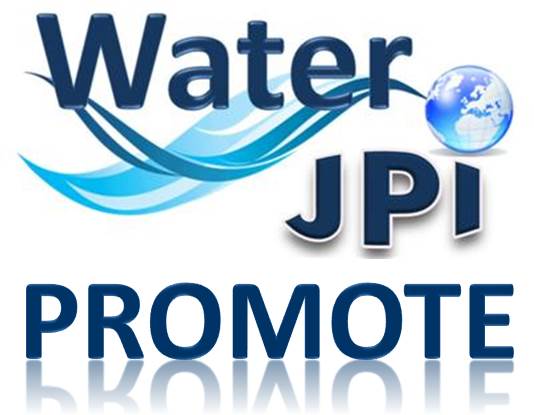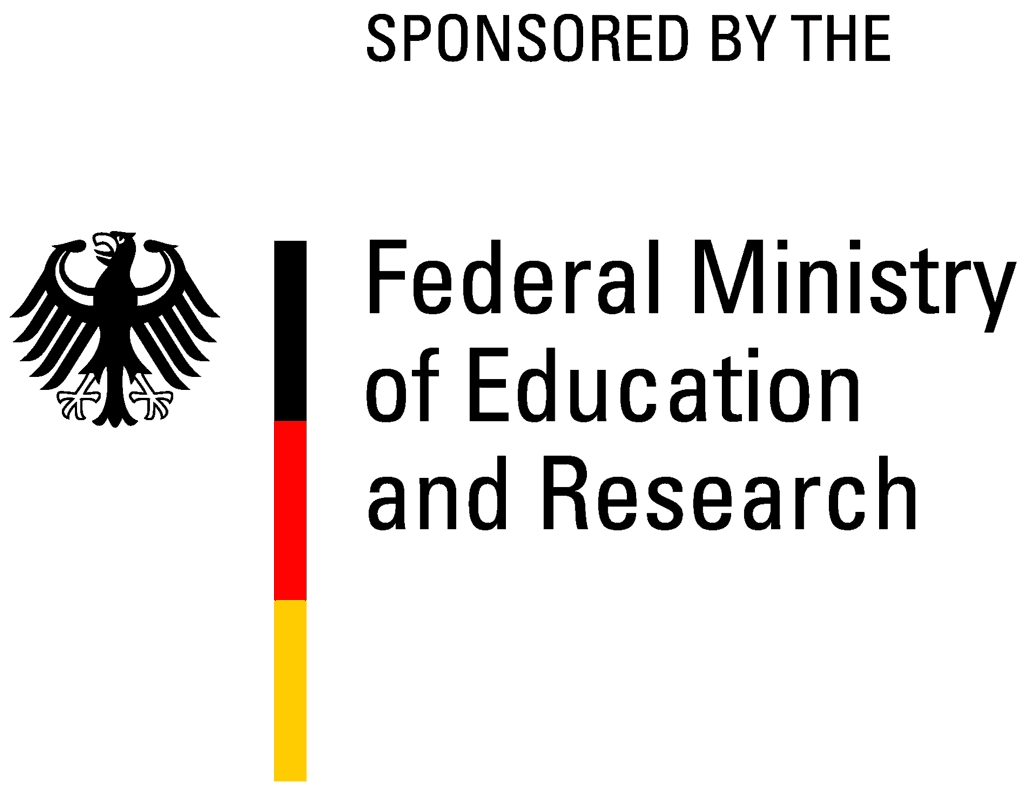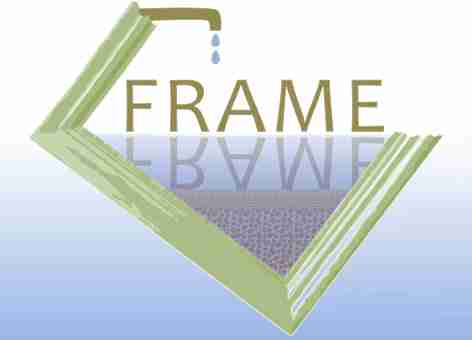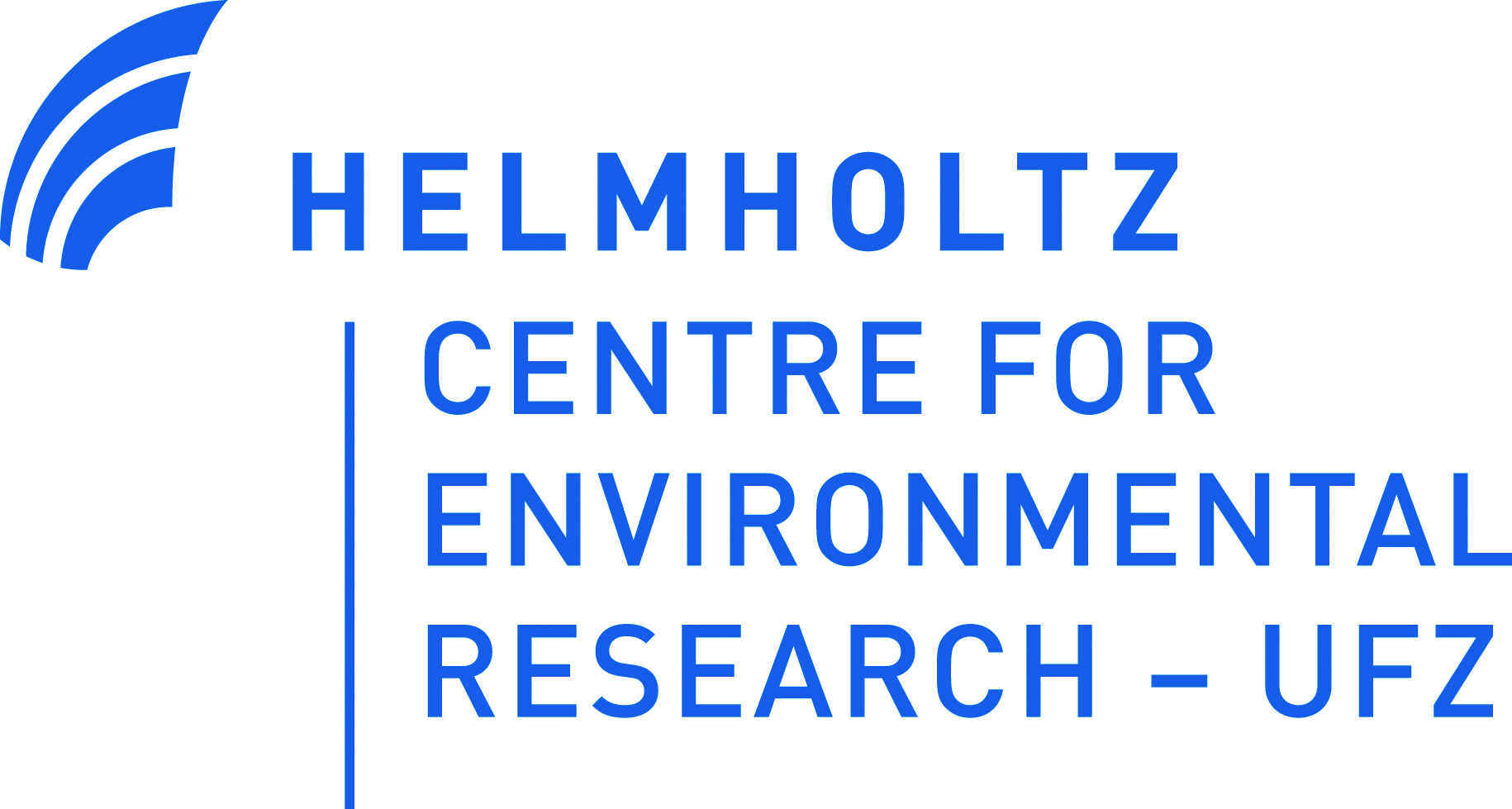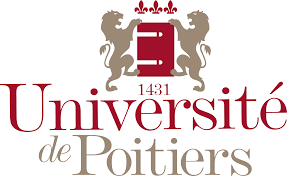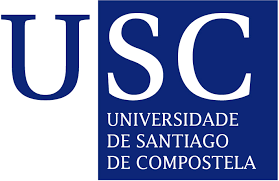About the Workshop 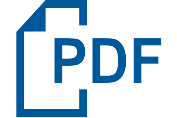
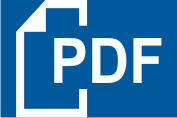 Download here
Download here
Persistent and Mobile Organic Chemicals in the Water Cycle – Linking science, technology and regulation to protect drinking water quality
A workshop to be held at Helmholtz Centre for Environmental Research - UFZ, Leipzig, Germany
Date: 23 and 24 November 2017
The Problem
Highly polar organic compounds exhibit a very low tendency to sorb to surfaces or to organic matter in soils and sediment. In the aquatic environment these compounds are therefore mobile. Mobile compounds can be critical if they are also persistent in the environment. Such persistent and mobile organic contaminants (PMOCs) will most likely pass through all barriers in partially closed water cycles, from municipal wastewater to raw waters used for drinking water production [1]. Although it is likely that a considerable number of PMOCs occur in raw waters and even in drinking waters, little is known about their occurrence, as dedicated analytical methods for PMOCs were not available.
The Situation
PROMOTE, a project under the European Union Joint Programming Initiative “Water Challenges for a Changing World” (Water JPI) joins research partners from Germany, Spain, France, the Netherlands and Norway, as well as associated partners from water suppliers, water authorities and authorities involved in chemicals regulation [2].
PROMOTE has tackled the issue of PMOCs initially by searching for such compounds in European waters using novel analytical methods and by screening the REACH database for chemicals that fulfil the properties of PMOCs. In this way PROMOTE has identified about one thousand potential PMOCs that may occur in the water cycle. While searching for a hundred of these chemicals, PROMOTE has determined several dozens of novel PMOCs that do indeed occur in the water cycle and affect the quality of our water resources. Many of these substances have been detected for the first time, and many more undetected PMOCs are likely present. The consortium has studied removal options for PMOCs in drinking water preparation and is performing a monitoring in different European water cycles, from surface waters, via groundwater and raw waters used for drinking water production to finished drinking waters.
The Workshop and Stakeholder Dialogue
The workshop is intended to present the scientific outcome and to initiate a stakeholder dialogue on a European level between drinking water suppliers, wastewater treatment, the chemical industry, and EC DG Environment and with European regulators including ECHA.
The workshop proposed here will
• inform about the relevance of PMOCs for water quality
• promote communication and discussion between scientists and stakeholders on potential consequences of the occurrence of known and yet unknown PMOCs in raw waters used for drinking water production
• identify possibilities to treat drinking water as well as to avoid future environmental releases of PMOCs
• explore to which extent the determination of dozens of highly polar and persistent industrial chemicals is of relevance for the groundwater watch list
• discuss potential implications of the occurrence and risks of PMOCs for chemical regulation.
References
[1] T. Reemtsma et al. (2016) Mind the gap: Persistent and mobile organic compounds – water con-taminants that slip through. Environ. Sci. Technol. 50, 10308-10315, DOI: 10.1021/acs.est.6b03338.
[2] for further information on the project please visit: www.promote-water.eu or contact the coordinators.
